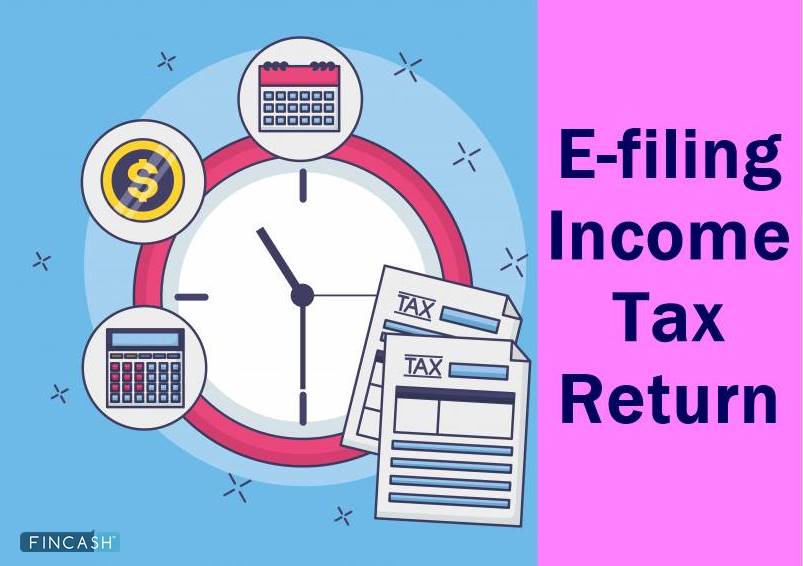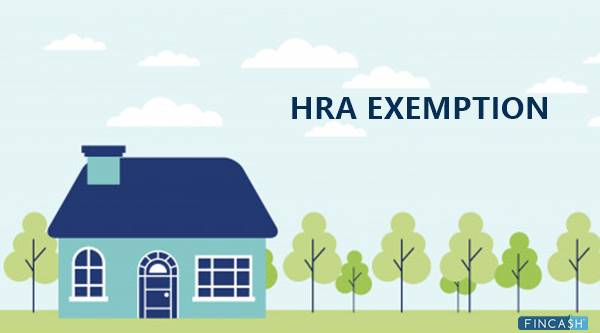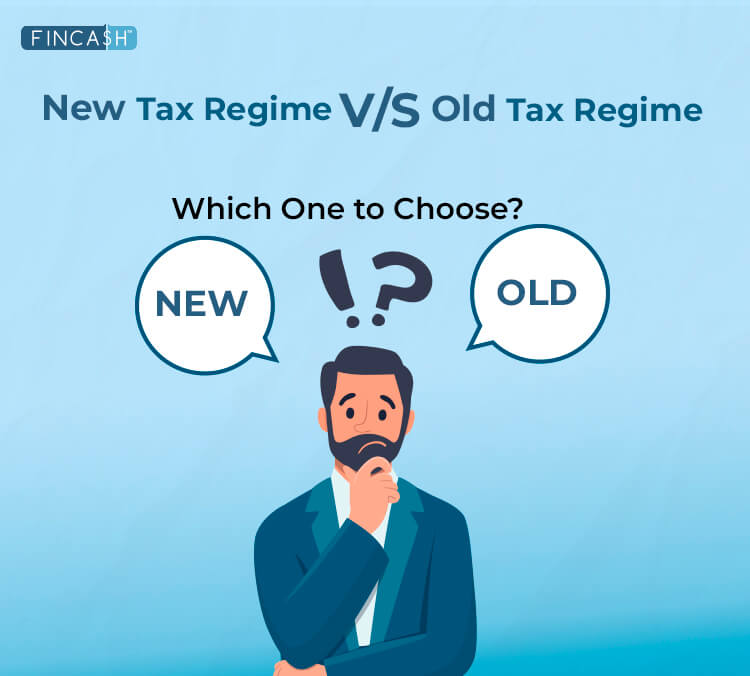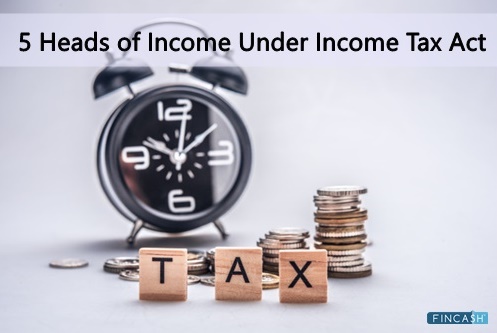
Table of Contents
- 1. House Rent Allowance (HRA)
- 2. Standard Deduction
- 3. Leave Travel Allowance (LTA)
- 4. Section 80C, 80CCC and 80CCD(1)
- 5. Section 80C and Section 24- Interest on home Loan
- 6. Section 80D- Medical Insurance Deduction
- 7. Section 80E- Deduction for Loan for Higher Studies
- 8. Section 80TTA- Deduction on Saving Account Interest
- 9. Section 80G- Deduction for Donations
Income Tax Allowances and Deductions for Salaried Individuals
income tax exemptions and deducations offer plenty of opportunities to save tax for salaried individuals. With the help of these deductions and exemptions, you could reduce your tax substantially. In this article, we will discuss about the several Income tax exemptions available under the income tax act.
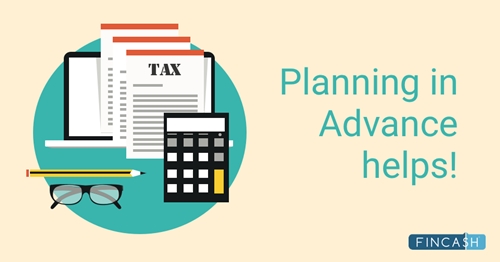
1. House Rent Allowance (HRA)
A salaried person who lives in a rented accommodation can get the benefit of House Rent Allowance (HRA). This could be totally or partially exempted from the income tax. But, a person not living in a rented accommodation and still wants to continue to receive HRA, it will be taxable. It’s important for an individual to keep rent receipts and evidence of any payment made towards rent.
HRA Exemption Formula
Exemption of HRA is a minimum of these three-
- Actual HRA received
- If rent is less than 10% of the income
- 40% of the income and 50% in metropolitan cities. In such cases, salary is equal to the basic sum, inclusive of the dearness allowance
(Basic+DA).
2. Standard Deduction
Standard Deduction has been reintroduced in the Union Budget 2018 by the Indian Finance Minister. An employee can now claim INR 40,000 deduction from the total income, thereby reducing the tax outgo. This deduction has replaced the medical reimbursement of INR 15,000 and transport allowance of INR 19,200. As a result, a salaried individual can avail an additional income tax exemption of INR 5800 with effect from FY 2018-19.
3. Leave Travel Allowance (LTA)
As per the Income Tax law, a salaried person can also benefit from LTA exemptions. The exemption doesn’t include costs incurred for an entire trip such as food expenses, shopping, entertainment and leisure among others. This allowance can only be claimed for a trip taken with your spouse, children, and parents, but not with other relatives. One needs to Submit the bills to their employer to claim this exemption. LTA only covers domestic travel, and it doesn’t cover the cost of international travel. The mode of such travel must be either air, railway or public transport.
4. Section 80C, 80CCC and 80CCD(1)
Section 80C
It is the most popular option for saving income tax. An individual or an HUF (Hindu Undivided Families) can claim deduction up to INR 1.5 lakhs. Deductions under Section 80C of the Income Tax Act, 1961 are offered for the investments made in a Range of instruments.
Section 80CCC
Once can also get a deduction for the annuity plan of Insurance companies. But, in this option you cannot contribute more than 10 percent of your salary or gross income. Also, one can only claim deductios up to INR 1 lakh in a year.
Section 80CCD(1)
A person is eligible for tax deduction by contributing to pension plans. In pension plans the limit for tax deduction is 10 percent of salary or 20 percent of gross income.
Some of such investments are given below which are eligible for an exemption under Section 80C, 80CCC and 80CCD(1) are-
- Equity Linked Savings Scheme (ELSS)
- Life Insurance premium
- Employee Provident Fund (EPF)
- Annuity/ Pension Schemes
- Tuition Fees for children
- Principal payment on home loans
- Contribution to PPF Account
- Sukanya Samriddhi Account
- Fixed Deposit (Tax Savings)
- NSC (National Saving Certificate)
- Post Office time deposits
- National Pension Scheme
Talk to our investment specialist
5. Section 80C and Section 24- Interest on home Loan
If a salaried person is taking a Home Loan for the house, the interest payment is tax exempted. Homeowners can claim a tax deduction up to INR 2 lakhs for interest on a home loan. There are some conditions for this exemption. If the house property is let out, the deduction is allowed for the entire interest pertaining to such home loan.
6. Section 80D- Medical Insurance Deduction
One can claim deduction for medical expenses. A salaried person can save tax on medical insurance premiums paid for the health for self, family and dependents. These medical expenses could be deducted from overall Taxable Income. The limit for this deduction is INR 25,000 for premiums paid for self/family.
7. Section 80E- Deduction for Loan for Higher Studies
If there is an education loan, one can claim income tax deductions. There are certain conditions applicable to this deduction. One can avail this tax deduction maximum of seven years. Also, one must take an education loan from a financial institution. The benefits will add only if you take an education loan for self, children or spouse.
8. Section 80TTA- Deduction on Saving Account Interest
A deduction of INR 10,000 on income earned in the form of Bank interest can be claimed in this option. This exemption is allowed to Individuals and HUFs.
9. Section 80G- Deduction for Donations
One who makes donations to charitable organizations can claim for tax exemption under Section 80G of the Income Tax Act, 1961. One might get exemptions of 50 percent to 100 percent of the amount donated.
All efforts have been made to ensure the information provided here is accurate. However, no guarantees are made regarding correctness of data. Please verify with scheme information document before making any investment.

